In the ever-changing landscape of the global economy, the current climate is one of heightened uncertainty and anxiety for American investors. Escalating trade tensions, gloomy economic forecasts, and the looming threat of a recession have cast a shadow over investment portfolios, leaving many feeling uneasy about the future. According to a recent Reuters poll, the probability of a US recession within the next 12 months has surged to 45%, up from 25% just last month — the highest since December 2023. President Donald Trump’s sweeping tariffs, which have ignited a global trade war, have further fueled concerns about inflation, slower growth, and potential layoffs. In such a volatile environment, investors are faced with the daunting task of safeguarding their financial futures.
Welcome to a “risk-off” environment, where investors instinctively pull their money out of volatile assets like stocks and seek refuge in safer, more stable investments. “Uncertainty couldn’t be any higher right now,” says Douglas Boneparth, a certified financial planner and founder of Bone Fide Wealth. “Imagine being the CFO of a Fortune 100 company trying to plan for the year, let alone multiple years.” The challenge, however, is that while CFOs of multinational corporations have vast resources and teams of experts at their disposal, individual investors often feel overwhelmed and ill-equipped to navigate these turbulent waters.
Yet, according to financial experts, protecting your money in such times does not require a finance degree or an army of advisors. What it does require is a solid plan and the discipline to stick to it. When markets get choppy, it is all too easy to succumb to panic and hit the proverbial “panic button.” But as Boneparth warns, “Short-term volatility is part of the game. The worst thing you can do is sell at the bottom or make an emotional decision that sets you back for years.” In other words, pulling your money out during a downturn can lock in losses, and you may miss out on the market’s biggest recovery days, which often drive long-term gains.
Catherine Valega, a certified financial planner with Green Bee Advisory in Boston, agrees with the importance of taking a moment to pause and think things through. She suggests that investors work closely with financial advisors who can help them develop and stick to a long-term plan. “I like to say we set the guardrails, like a GPS for their financial life,” Valega explains. She also emphasizes the importance of continuing to invest, especially for those who are still working and have access to 401(k) plans. For those without a 401(k), setting up automated investments can be a smart alternative.
In shaky markets, many investors instinctively turn to cash equivalents, such as high-yield savings accounts, US Treasury bills, money market funds, or certificates of deposit (CDs). These investments are typically insured or backed by the government, offering a sense of security and peace of mind. “Cash gives you flexibility and control,” Boneparth notes. “But going all to cash out of fear? That’s often the worst move.” While cash can provide a buffer, it is important to remember that it also comes with the risk of losing purchasing power over time due to inflation.
Fixed-income investments like bonds are another option for risk-averse investors, though Boneparth cautions that not all bonds are created equal. Some fixed-income investments carry significant risk, and even the S&P 500, often seen as a solid long-term investment, is not immune to market volatility. “Warren Buffett says to invest in the S&P 500, but he also says to do it for 10 years or more,” Boneparth points out. “Risk and reward go hand in hand.”
So, what can investors do to reduce risk without abandoning the market entirely? One of the first steps is to build a solid cash reserve, ideally at least three to six months of living expenses. “That gives you the cushion to handle emergencies or opportunities without touching your investments,” Boneparth advises. Once a sufficient cash reserve is in place, diversification becomes key. Spreading investments across a mix of asset classes, such as US Treasury bills, money market accounts, or other low-risk cash alternatives, can help mitigate risk without sacrificing safety. However, investors should avoid the temptation to put all their eggs in one basket.
Another smart move is to rebalance your portfolio. This involves adjusting your mix of stocks, bonds, and cash to realign with your goals and risk tolerance. For some investors, this might mean taking advantage of discounted stock prices to buy more — a strategy often referred to as “buying the dip.” While no one can predict with certainty when markets will rise or fall, what matters most is consistency and discipline. “Investing isn’t about picking the perfect stock,” Boneparth says. “It’s about doing the boring stuff consistently over a long period of time. That’s what makes it hard.”
In a world where economic uncertainty is the new normal, the ability to stay calm and measured is perhaps the greatest asset an investor can possess. The current economic climate, marked by escalating trade tensions and the threat of a recession, is undoubtedly challenging. However, by developing a solid plan, building a cash reserve, diversifying investments, and maintaining a disciplined approach, investors can navigate these choppy waters with confidence.
It is important to remember that market volatility is a natural part of the investment cycle. While the current environment may seem particularly fraught with risk, history has shown that markets tend to recover over time. The key is to avoid making hasty decisions driven by fear or panic. Instead, investors should focus on the long-term goals that motivated them to invest in the first place.
The current economic landscape may be filled with uncertainty, but it is not insurmountable. By taking a step back, developing a solid plan, and staying disciplined, investors can weather the storm and emerge stronger on the other side. As financial experts like Boneparth and Valega emphasize, the path to financial security lies not in reacting to short-term fluctuations but in maintaining a consistent, long-term strategy. In the words of Warren Buffett, “The stock market is a device for transferring money from the impatient to the patient.” In these uncertain times, patience and discipline may be the most valuable investments of all.

By Daniel Scott/Apr 21, 2025
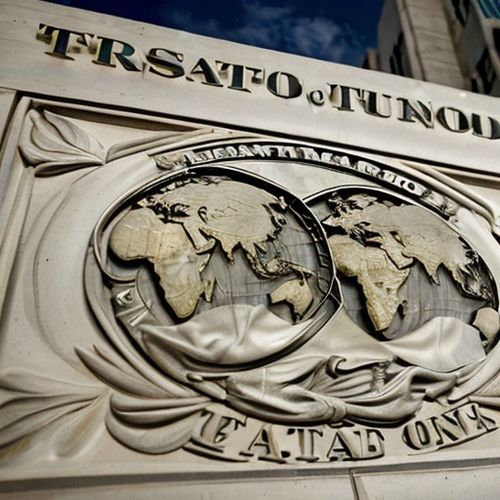
By Laura Wilson/Apr 21, 2025

By Christopher Harris/Apr 21, 2025

By Emma Thompson/Apr 21, 2025
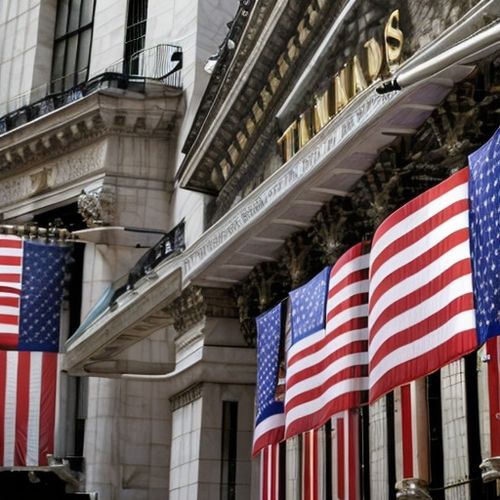
By Michael Brown/Apr 21, 2025

By Samuel Cooper/Apr 21, 2025

By Lily Simpson/Apr 21, 2025

By Megan Clark/Apr 21, 2025

By Elizabeth Taylor/Apr 21, 2025
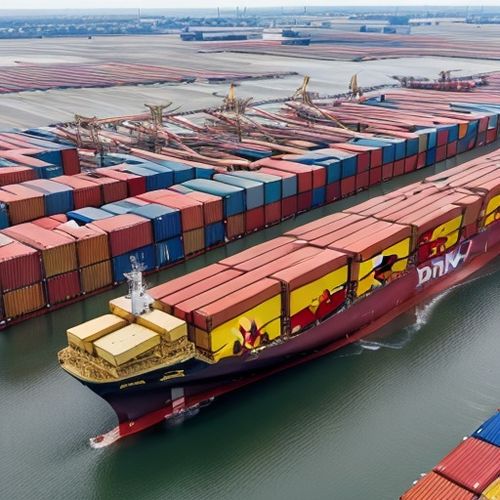
By Noah Bell/Apr 21, 2025
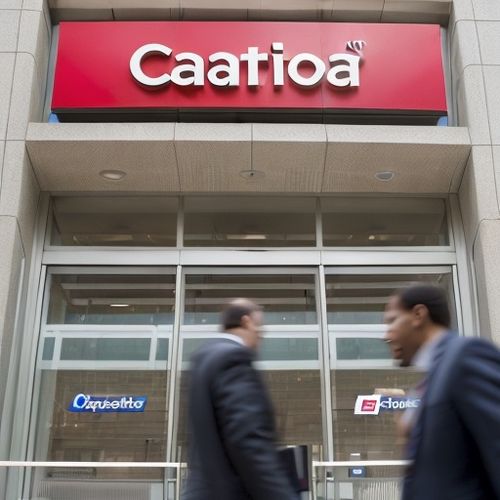
By William Miller/Apr 21, 2025

By Michael Brown/Apr 21, 2025
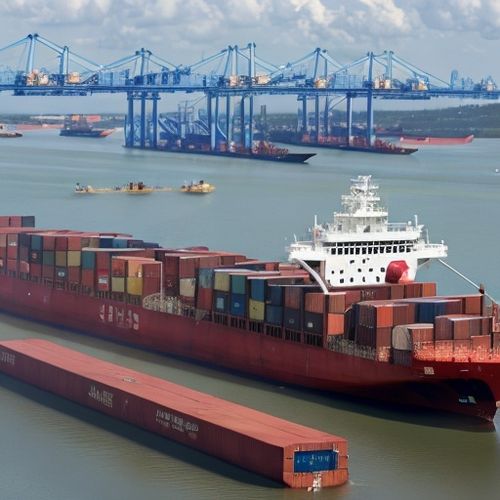
By Emily Johnson/Apr 21, 2025
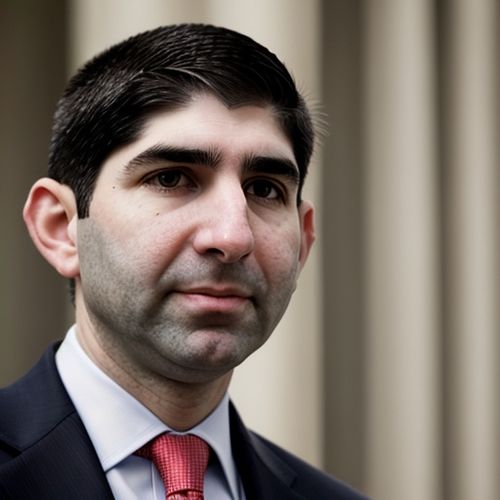
By Natalie Campbell/Apr 21, 2025

By Grace Cox/Apr 21, 2025

By Lily Simpson/Apr 21, 2025
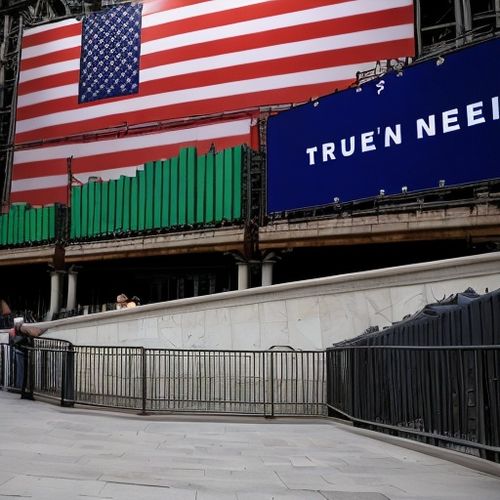
By Noah Bell/Apr 21, 2025
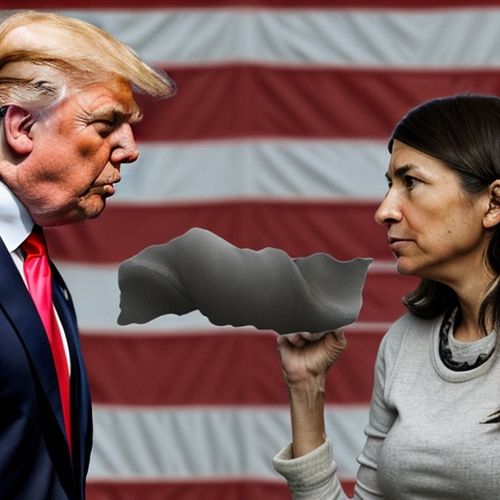
By Lily Simpson/Apr 21, 2025

By James Moore/Apr 21, 2025

By Daniel Scott/Apr 21, 2025